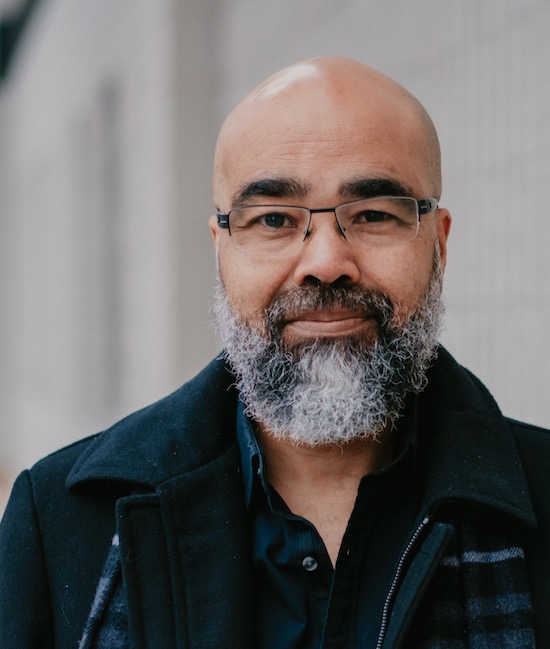How many innocent people are in prison? It's worse than we thought.
How many innocent people are in prison?
Nobody knows for sure how many innocent people are in our prisons and jails; however, in the Author's Note to my novel THEY CAN'T TAKE YOUR NAME I say, "estimates are that 1-2 percent of all convictions are of innocent people."
It can be comforting to think that our criminal justice system incarcerates the correct person 98-99 percent of the time. However, this is not good news if you are among the 1-2 percent nor should any of us take solace in the low percentage for in actuality it points to a grim truth: there are thousands of innocent people doing time for crimes they did not commit.
But how do we know? How reliable are these numbers? Where do these statistic come from?
While we can't know for sure how many innocent people are in prison we can make an educated guess.
Extrapolation
In 2008, law professor Samuel R. Gross calculated that there were almost 90,000 innocent people in prison by using the rate of exonerations for all of death row, which was 2.3 percent. He took the number of people on death row and compared it to the number of people exonerated from death row and then extrapolated to the system as a whole. Given that roughly 2 percent of people on death row have been found innocent, he then extrapolated that number to the total prison population. The math is simple, but the math was incomplete. Most likely the number is much higher—think double.
Extrapolation Falls Short
Samuel R. Gross said that we are “silly” to think the real number is ONLY 1-2 percent. Extrapolation does not consider one key factor: Death Penalty Cases face a higher level of scrutiny.
Given that the stakes are higher, more resources are spent on those facing the death penalty than on people facing lesser sentences. Lesser felonies such as burglary, theft, drug possession and fraud usually end with a plea bargain and, therefore, the appeal process doesn’t come into play. Also, these lesser felonies rarely come with the option of appealing to DNA as a source of proving innocence because of the nature of the crimes. Gross also noted that “the average time from conviction to exoneration is about 13 years and only those sentenced to serious crimes with decades-long prison terms are likely to even bother undertaking the long, arduous, and resource-intensive process of clearing their names.”
Due these factors, there is a more accurate way to calculate the math for the total number of innocent people in prison. When we account for the higher scrutiny, that death penalty cases receive as compared to lesser felonies, Gross says the false conviction rate is closer to 4.1 percent—almost 200,000 people!
Losing Ground
We are falling behind even with the valiant work of those involved in the innocence movement who work tirelessly on behalf of people doing time for crimes they did not commit.
The main reason is that we live in the most incarcerated nation on the planet. Not only do we have almost two million people behind bars in the United States, but the number of convictions each year—literally millions—increases the number of wrongfully convicted people on a daily basis.
Samuel Gross sums up the problem this way: “in a country with millions of criminal convictions a year…even 1 percent amounts to tens of thousands of tragic errors.”
For further reading:
How Many People are in Prison—Mother Jones
How Many People Are Wrongly Convicted? Researchers Do the Math—National Geographic
Rate of false conviction of criminal defendants who are sentenced to death by Samuel R. Gross
The staggering number of wrongful convictions in America—The Washington Post

